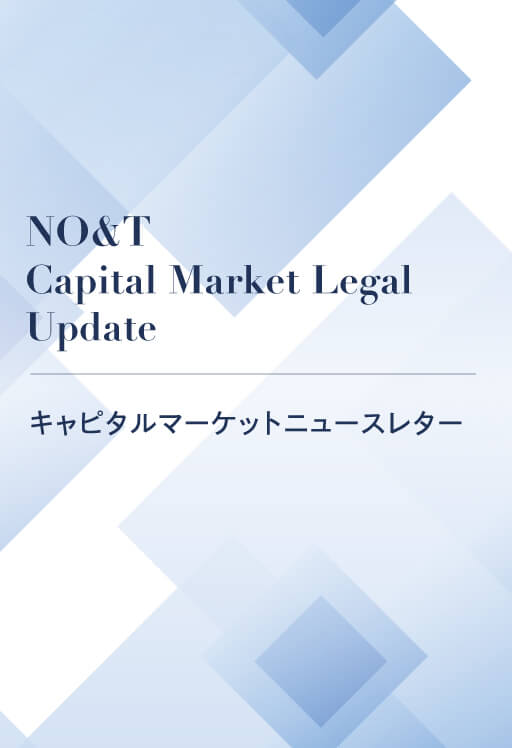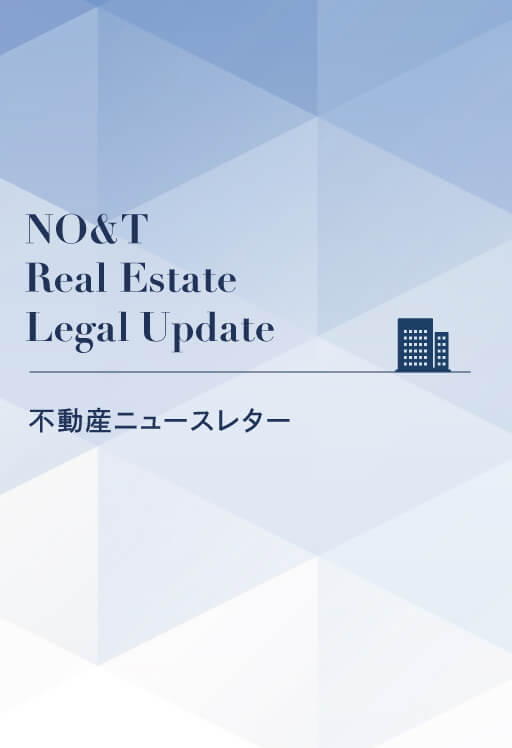
NO&T Thailand Legal Update
A share buyback, also known as a stock repurchase, is a corporate action where a public company (especially, a listed company) (the “Company”) reacquires its own outstanding shares from the open market or directly from shareholders.
Share buybacks serve various functions. They can boost earnings per share (EPS) by reducing the number of outstanding shares, making the Company’s financial performance appear stronger to the market and more attractive to investors. They also act as an efficient method for returning surplus cash to shareholders, offering an alternative to dividends, and can signal management’s confidence in the Company’s future prospects, often suggesting the stock is undervalued, which can lead to an increase in stock prices. Furthermore, share buybacks can help improve financial ratios, including Return on Equity (ROE), by reducing shareholders’ equity while net income remains constant or grows, thus enhancing the profitability metric. They can also prevent the dilution of existing shares from employee stock options and even offer a degree of defense against hostile takeovers by reducing the available float.
The repurchased shares can either be reduced through capital reduction or held as treasury stock.
The current law and regulations governing share buybacks are (i) the Public Company Limited Act of 1992, as amended (the “PCL Act”), and (ii) the Ministerial Regulation Prescribing Rules and Procedures for Repurchase of Shares, Disposal of Repurchased Shares, and Deduction of Repurchased Shares of Companies of 2001, dated 23 November 2001, as amended (the “Ministerial Regulation”). Under the PCL Act, share buyback is only permitted for public companies in two scenarios※1:
Upon completion of a share buyback, the Company is obligated to notify the registrar of the repurchased shares and publicly disclose the information. The shares repurchased are not counted as a quorum for the shareholders’ meeting, do not have any voting rights attached to them, and are not entitled to dividend payment.
Repurchased shares can be disposed of by the Company after a minimum of three (3) months from the end of each repurchase round and must be disposed of within three (3) years. The disposal of shares can be done either through: (i) rights offering to the Company’s existing shareholders; (ii) offering to the Company’s directors or employees; (iii) public offering; or (iv) specifically for listed companies, the Automatic Order Matching system (AOM) of SET. If the shares are not disposed of within this three-year period, the Company must cancel them through a capital reduction.
The Company can initiate a new share buyback program after a six-month waiting period from the conclusion or cancellation of the previous program.
On 17 June 2025, the Cabinet granted in-principle approval to proposed amendments concerning share buyback regulations, i.e., the draft Ministerial Regulation Prescribing Rules and Procedures for Repurchase of Shares, Disposal of Repurchased Shares, and Deduction of Repurchased Shares of Companies (No. …) of (the “Amendment”). The Amendment, put forth by the Ministry of Commerce (the “MOC”) in collaboration with the Thai Securities and Exchange Commission and the Stock Exchange of Thailand (the “SET”), is designed to enhance the competitiveness of Thailand’s capital markets by providing listed companies with greater flexibility in liquidity management.
The Amendment includes:
In its approval, the Cabinet also directed the MOC to consider the views of the Office of the National Economic and Social Development Council (the “NESDC”). The NESDC has expressed concerns that these amendments could potentially create loopholes for listed companies to engage in speculative activities, leading to distorted security prices and increased risks for investors. This, in turn, could negatively impact overall capital market confidence in the long term.
In response to the Cabinet’s directive, the MOC held a second public hearing on the proposed amendments to gather additional feedback from the general public. This second public hearing period was open from 1 to 15 July 2025.
The MOC will submit the feedback gathered during this period to the Office of the Council of State, which will then review the draft amendments. It is recommended that companies should closely watch for the promulgation of the revised regulation, as it is expected to reshape how businesses approach share buybacks.
We will keep you posted on any significant developments to the Amendment.
*1
Section 66/1 of the PCL Act
This newsletter is given as general information for reference purposes only and therefore does not constitute our firm’s legal advice. Any opinion stated in this newsletter is a personal view of the author(s) and not our firm’s official view. For any specific matter or legal issue, please do not rely on this newsletter but make sure to consult a legal adviser. We would be delighted to answer your questions, if any.


Ryuji Oka


Yothin Intaraprasong, Theerada Temiyasathit (Co-author)


Yuichi Miyashita, Miho Susuki (Co-author)


Makoto Saito, Shinichiro Horaguchi, Yoshihisa Watanabe, Ramsay Randall (Co-author)


Yothin Intaraprasong, Theerada Temiyasathit (Co-author)


Yuichi Miyashita, Miho Susuki (Co-author)


Takashi Itokawa, Takahiro Kitagawa (Co-author)


Motoki Saito, Gaku Oshima, Yuta Kawamura (Co-author)


Claire Chong, Nozomi Kato (Co-author)


Yuan Yao Lee


Hoai Truong


Nopparak Yangiam, Parot Promkam (Co-author)


Claire Chong, Nozomi Kato (Co-author)


Yuan Yao Lee


Hoai Truong


Nopparak Yangiam, Parot Promkam (Co-author)


Nopparak Yangiam, Parot Promkam (Co-author)


Shunsuke Minowa, Poonyisa Sornchangwat (Co-author)


Shohei Sasaki, Shunsuke Minowa, Poonyisa Sornchangwat, Kwanchanok Jantakram (Co-author)


Yothin Intaraprasong, Theerada Temiyasathit (Co-author)